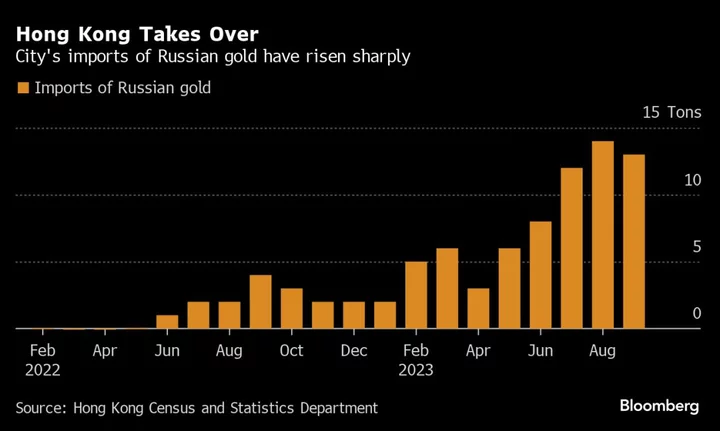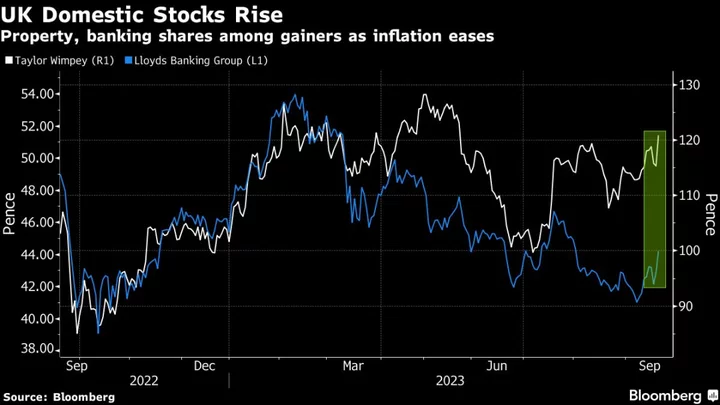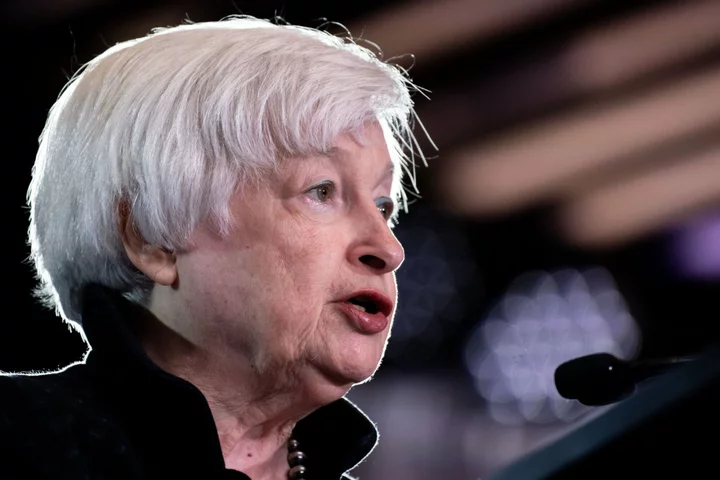Sweden’s heavily indebted commercial real estate owners remain vulnerable to rising borrowing costs, and may need to reduce their debt by some 100 billion Swedish kronor ($9.6 billion), the country’s financial watchdog said.
Even as companies in the sector have sought to strengthen their balance sheets by offloading assets and raising new equity, more needs to be done, Finansinspektionen said in an analysis published on Tuesday. The agency estimates that if average interest expenses increase to 5% and property values fall by 20%, the real estate firms on average need to reduce their debt by about 15% to be able to keep profits at a higher level than credit costs.
“They are in no position to relax,” the authority’s director-general, Daniel Barr, said in a statement. “They need to continue to reduce their debt and strengthen their equity to avoid a less controlled adjustment in the future.”
The comments from supervisory authority come as some some highly leveraged Swedish landlords have seen their credit ratings deteriorate and business models fall apart. The development in the Nordic country has become emblematic of challenges facing real estate owners worldwide as loans issued during an era of cheap credit will need to be paid back or refinanced at higher costs.
Read More: Swedish Landlords Are Surprisingly Passive, Handelsbanken Says
According to Finansinpsektionen’s report on financial stability, which was also published Tuesday, household borrowing is declining despite the fact that consumption as well as savings remain stronger than previously expected. While the Swedes’ debt remains high, the main risk is that it will weigh on household consumption, which could amplify the current economic downturn.
The agency said Swedish banks’ profitability and capital buffers mean they are resilient and could handle major credit losses.









